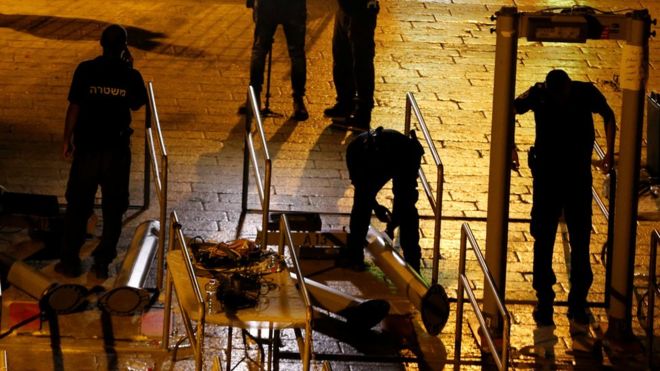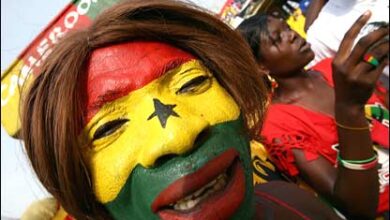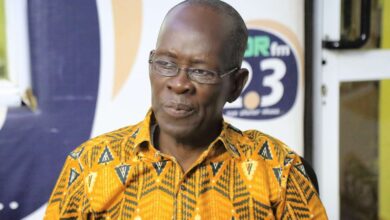
Israel is removing metal detectors from a holy site in Jerusalem and will use less obtrusive surveillance instead.
Prime Minister Benjamin Netanyahu’s security cabinet voted for the move early on Tuesday.
Tensions rose after two Israeli policemen were killed on 14 July at the site known to Jews as the Temple Mount and Muslims as Haram al-Sharif.
The UN’s Middle East envoy had warned the tensions risked spreading “well beyond” the ancient city.
A statement from Mr Netanyahu’s office said the security cabinet accepted “the recommendation of all the security bodies to change the inspection with metal detectors to a security inspection based on advanced technologies and other means”.
Some 100m shekels ($28m) has been allocated to pay for new equipment and extra police officers, the statement said.
The Israeli authorities had said the metal detectors were needed because the gunmen smuggled weapons into the site.
But the decision provoked protests.
Last Friday, three Palestinians were killed in clashes with Israeli security forces as thousands protested in East Jerusalem and the occupied West Bank.
Later the same day, three Israeli civilians were stabbed to death and a fourth injured by a Palestinian who entered a home at a Jewish settlement in the occupied West Bank.
What’s the controversy about?
The site in Jerusalem’s Old City is sacred to both Jews and Muslims. Jews revere it as the location of two Biblical Temples and holiest site in Judaism. It is also the al-Aqsa mosque compound, the third holiest site in Islam.
The area, in East Jerusalem, has been under Israeli occupation since the 1967 Middle East war.




